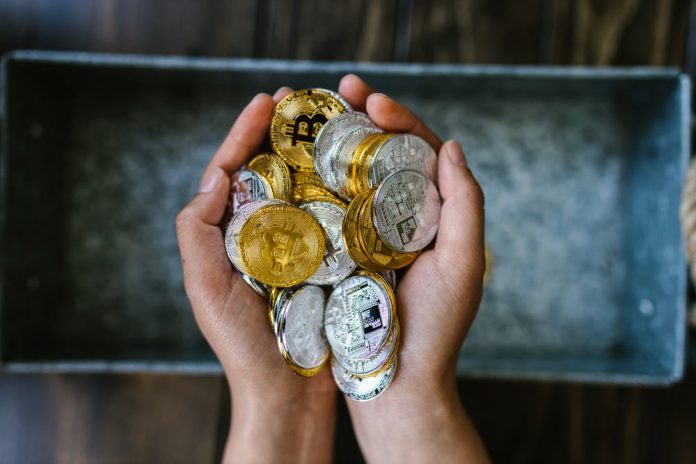Earlier this month, El Salvador became the first ever country to make bitcoin legal tender, alongside the US dollar. While this may spell good news for those who trade in the cryptocurrency, is El Salvador the first of many countries to legalise bitcoin or will it be a one-off?
According to Remonda Kirketerp-Møller – founder and CEO of RegTech firm Munimos – the recent legalisation in El Salvador may not represent a step in the right direction for the country.
She said, “As a RegTech company that provides financial institutions with a client onboarding platform designed to comply with all relevant regulations – including AML/CFT regulations – we believe the countries’ most likely to legalise bitcoin might be the ones who are already on the EU and Financial Action Task Force’s ‘blacklists’.
“This means the countries that are already operating, in many respects, on the outskirts of the global financial system – which is, basically, where cryptocurrencies also reside.”
Kirketerp-Møller also highlighted that many countries who adopt bitcoin cannot really make it their own legal tender, due to the regulation bitcoin already has on itself, making it harder to have any control of it.
She remarked, “Bitcoin is already regulated by the Bitcoin Protocol. Any country that ‘adopts’ bitcoin, like El Salvador, cannot really make it its own legal tender, as its bank has virtually no control of it.
“So, basically, bitcoin is a foreign currency in any country, and it can only be regulated in that respect – limit its distribution, control its ways of use and the setting of reporting duties. There is no doubt that large economies will have to regulate it the same way they regulate all foreign tenders, otherwise they risk creating two financial systems within one border.”
CoinDesk reported earlier this week that John Hopkins University professor Steve Hanke described the bitcoin tender legalisation decision as ‘stupid’. He also offered what could be a potentially deeply troubling prospect for the county – that the ‘dollarisation’ of the El Salvadorean economy could lead to bitcoin holders elsewhere ‘sucking up all the dollars in El Salvador like a vacuum cleaner’ in a short amount of time.
An alternative to the status quo?
As cryptocurrency usage continues to grow, the reactions to its growth have varied between positive and negative. Recently, the UK Chancellor of the Exchequer Rishi Sunak old the Bank of England to look at the case for a potential ‘Britcoin’ or central-bank-backed digital currency.
In other examples, earlier this year Uber revealed it may soon accept bitcoin as payment. UK FinTech Revolut has also introduced new features for users which enable them to transfer funds from bitcoin holdings to their own digital wallets.
In contrast, China has taken a much tougher stance against cryptocurrencies, with three Chinese associations – the National Internet Finance Association of China, the China Banking Association and the China Payment and Clearing Association – recently calling for a complete ban on financial institutions and payment firms providing cryptocurrency services to customers.
The growing demand for bitcoin may not just be limited to investors who are looking to cash in on a trend but may also include those in poorer countries who are struggling to find their way through traditional financial services.
John Gentile – Compliance Solutions Strategies director of broker-dealer services and private funds – sees the potential in this argument.
He said, “Developing countries, where the population often lacks access to traditional financial services, may leapfrog more advanced countries and designate bitcoin as legal tender. This can especially be found in countries where their currency is pegged to the US dollar due to concerns about US monetary and fiscal policies weakening the dollar.”
“On the regulatory front, regulators, including the Securities and Exchange Commission, the Office of the Comptroller of the Currency, and certain states, continue to offer guidance on key digital asset compliance concerns, such as providing custody services for digital assets, so regulation is responding to market needs, albeit slower than some would like.”
Gentile also referenced the fact that many crypto exchanges have implemented anti-money laundering measures – including KYC onboarding policies – to combat money laundering.
He also noted that regulation has moved at a quicker pace in Japan, with the law requiring cryptocurrency exchanges be licensed to an annual audit. According to Gentile, measures like these have led to more ‘widespread acceptance’ of bitcoin in Japan.
While El Salvador has been the first country to make Bitcoin legal tender, the debate about who – or whether another country will follow suit – will remain a hot topic for many cryptocurrency investors.
Copyright © 2021 FinTech Global











